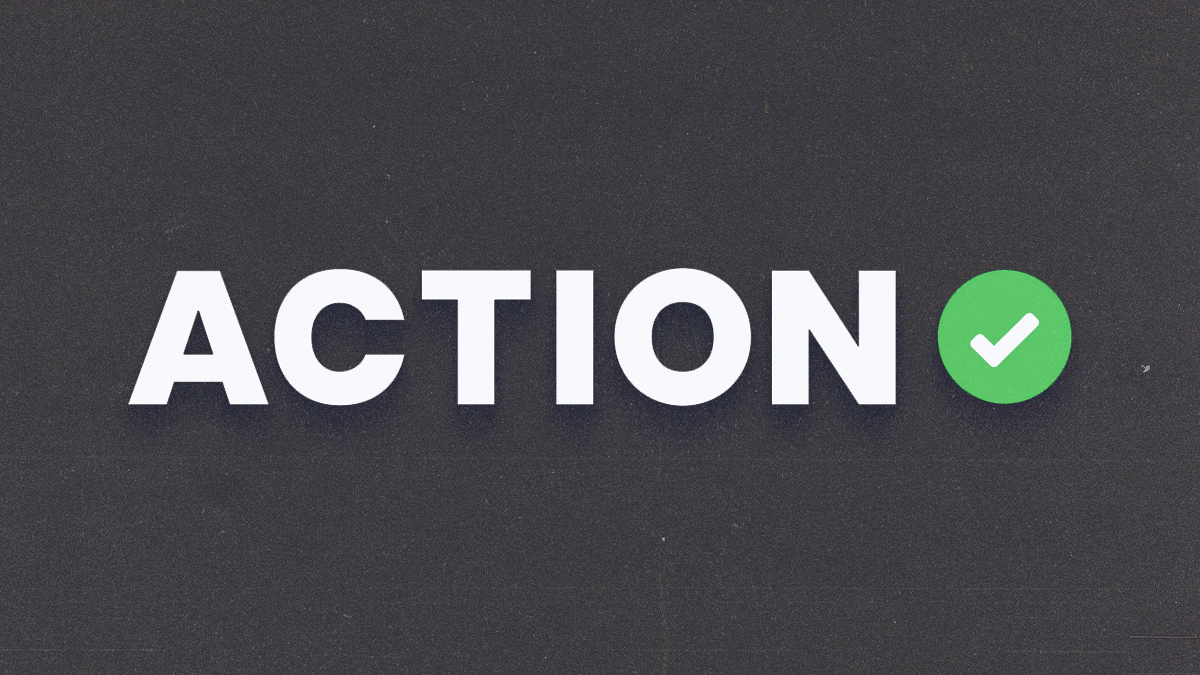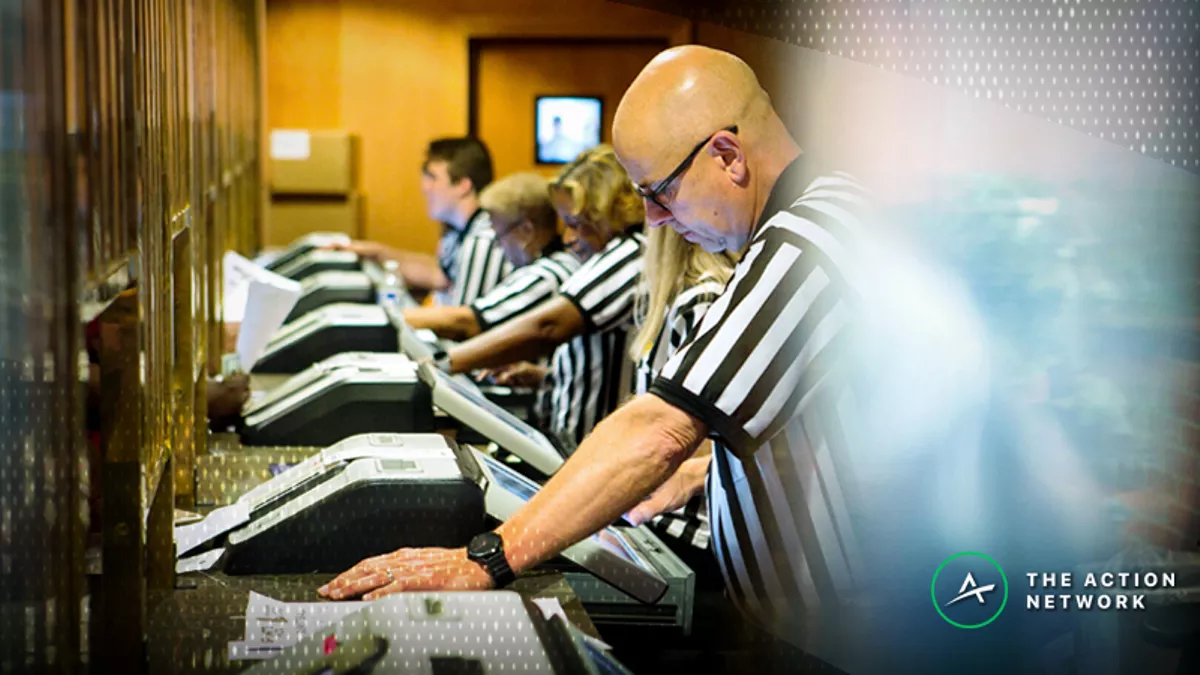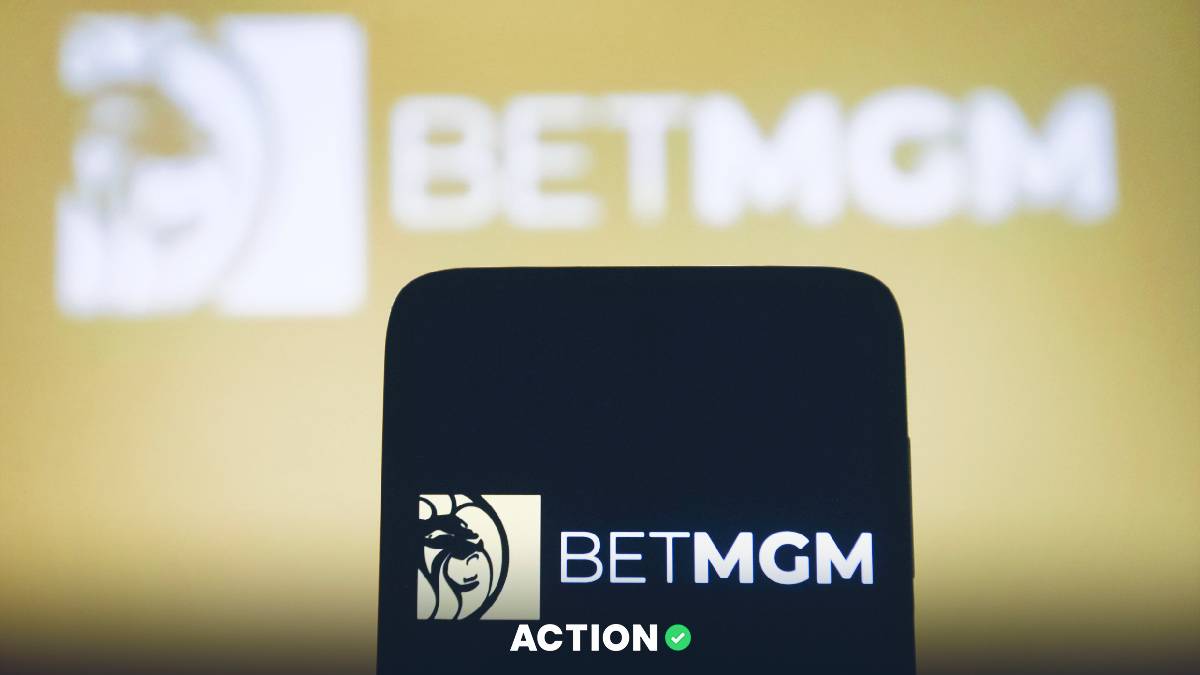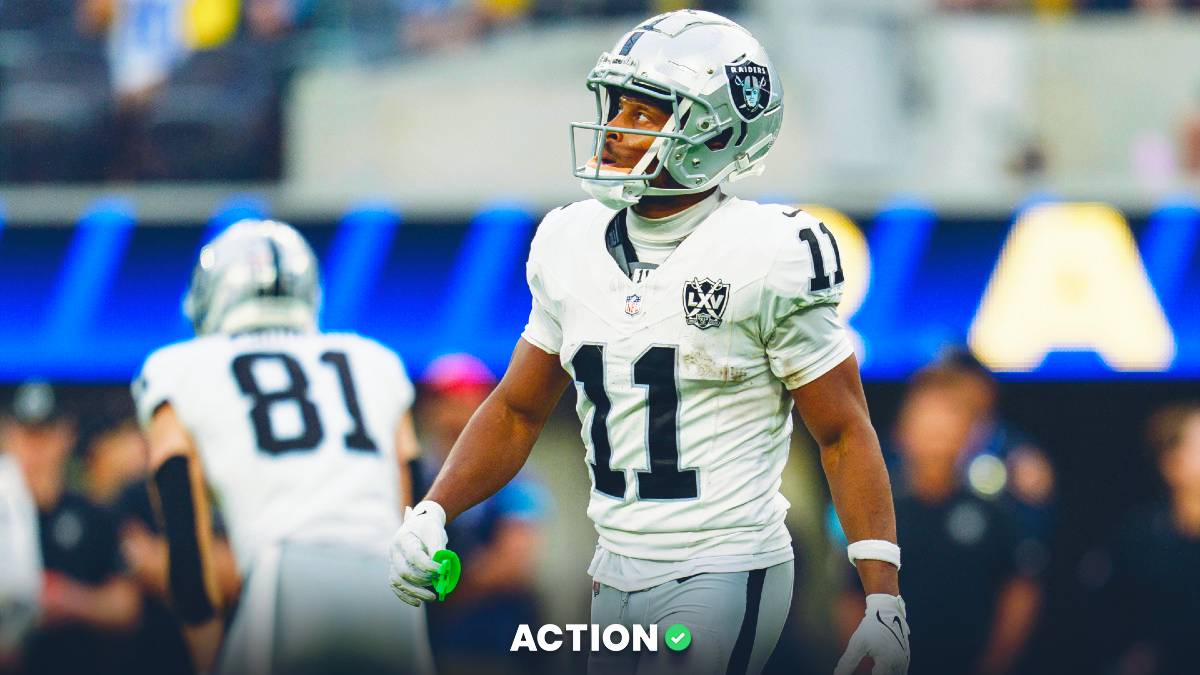While betting on sports can be a fun recreational activity, it's important to remember and act on the considerable amount of harm that can be done through it.
March is Problem Gambling Awareness Month, and led by the National Council on Problem Gaming, this is a key time to take a step back and consider the resources, statistics and concepts available to anyone who may be struggling or even considering their relationship with betting on sports.
The Action Network has a growing list of responsible gaming resources, and a full list of resources can be found below.
Problem Gambling Statistics
There is no amount of education that will eliminate problem gambling entirely, and it is important to note the sheer extent that people can be impacted. If you are dealing with any level of problem gambling concern, you are not alone.
In the United States, it is estimated by the National Center For Responsible Gaming that 1% of the United States population suffers from a severe gambling problem, and 10 million people struggle with a form of gambling issue throughout the country.
Additionally, we're still feeling the lingering impacts of COVID-related gambling problems, as the pandemic significantly increased the risk and relapse rate of those battling gambling problems.
According to a survey conducted by YouGov, "For those who identified as being in recovery from addictive behavior pre-pandemic, 37% reported a relapse or reoccurrence of their addictive behavior during a year of lockdowns and restrictions. This is a sustained high from 2020, indicating a profound impact of the pandemic on the recovery community."
While the survey above is from 2021, the combination of the COVID era along with increased marketing and sportsbook promotions in today's era can make matters dangerous for those struggling with any form of gambling issue.
34 states currently have legal sports betting, and for sportsbook operators, there is a pressure to build a profitable path forward. Aggressive marketing tactics have been used in recent years, including significant promotional bonuses, such as "risk-free" or simply "free" money.
It's always crucial to remember that at the end of the day, sportsbooks are trying to win, just like you, the bettor, is trying to win.
Sportsbooks are reliant on consistent parlay betting, as well as juice to maintain a long-term profitable direction.
Of course, for recreational bettors who are wagering with money that they can afford to lose, this is okay. But approaching parlays, and sports betting in general, with the mindset of trying to turn a long-term profit can be a difficult one.
You should certainly do everything in your power in order to try and be a more successful sports bettor, but just 3-5% of all sports bettors will be profitable in the long term. Simply put, odds are stacked against bettors.
Problem Gambling Resources
Read on for a host of resources regarding how you can protect yourself when sports betting in addition to learning about different concepts regarding betting.
- How to Set Limits on Your Sportsbook Accounts
- What is Problem Gambling and What Can You do to Avoid it?
- How to Ban Yourself Through Self-Exclusion
- How to Not Bet Every Longshot You See on Twitter
- Responsible Gaming to Make or Break Sports Betting in United States
- New Campaign Aims to Educate U.S. Bettors About Risk of Offshore Sports Betting
- Mistakes Sports Bettors Should Avoid
- How to Manage Your Sports Betting Bankroll
- What is a “Risk-free bet,” and what are the variations behind it?
- What is a rollover requirement?























































